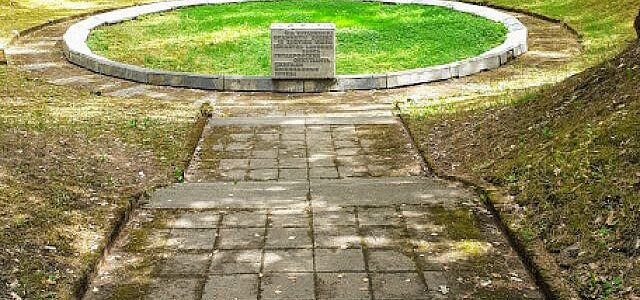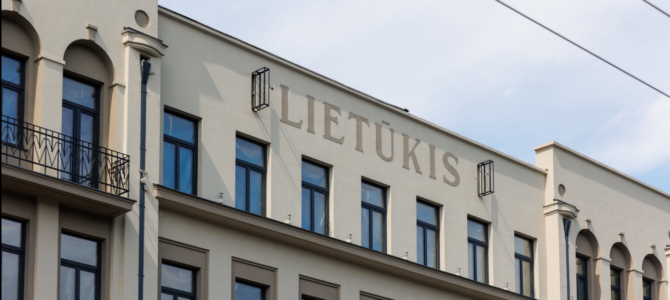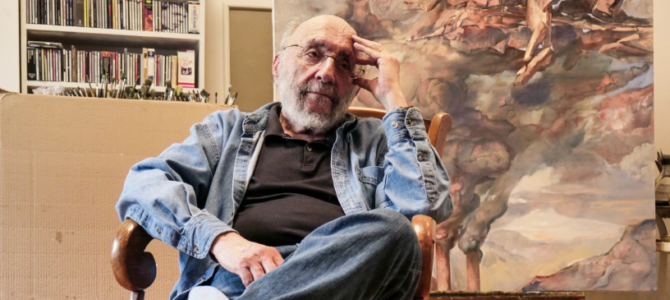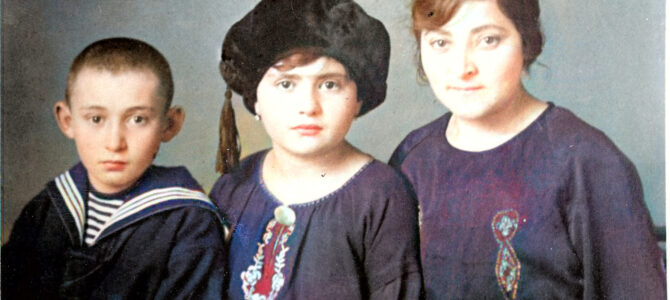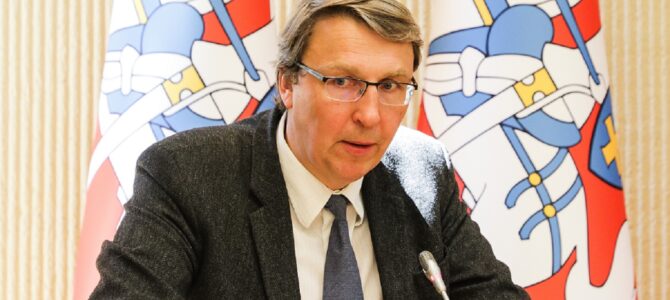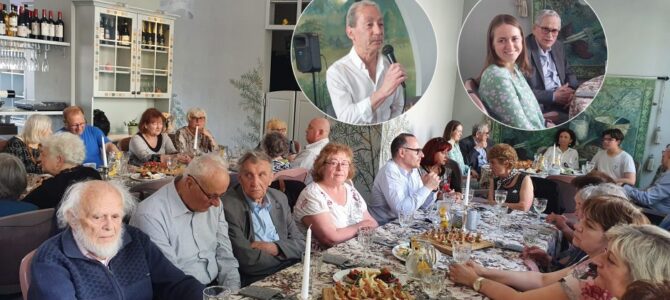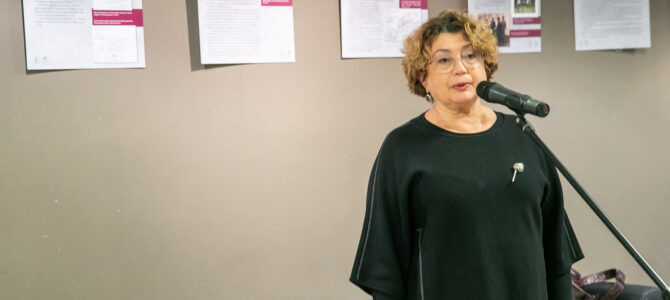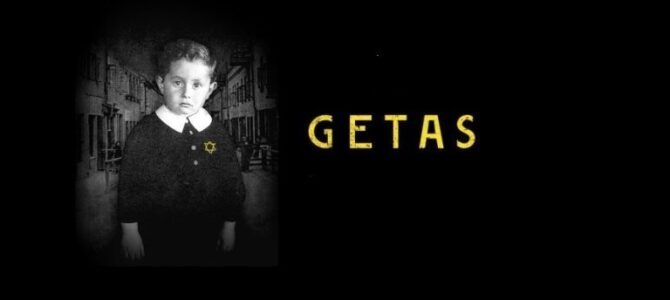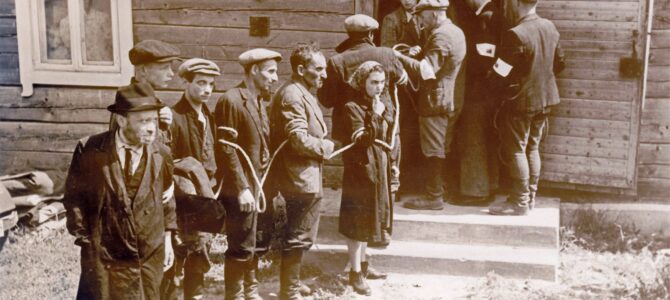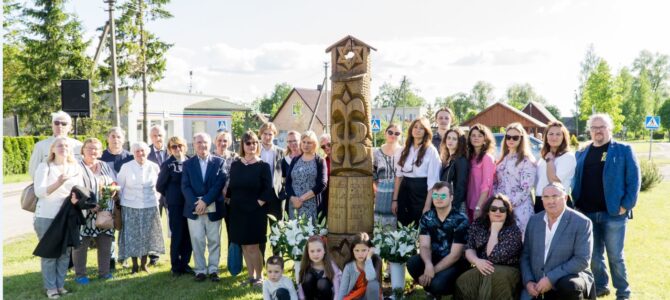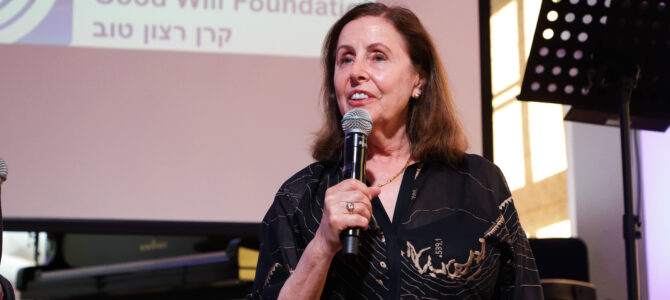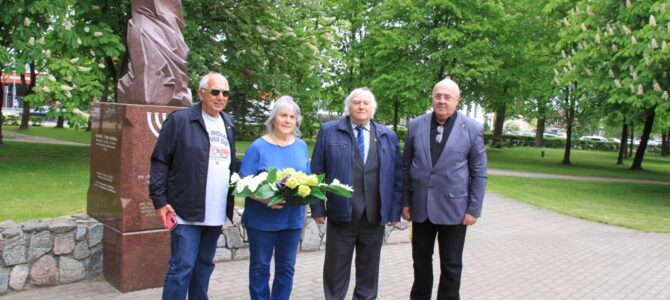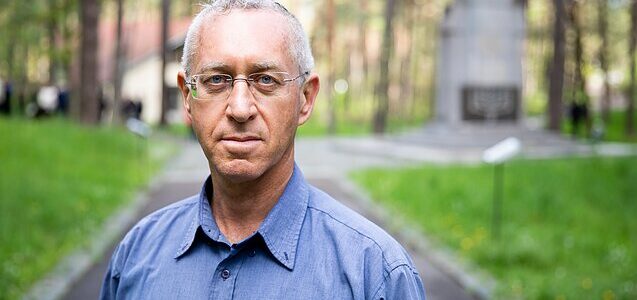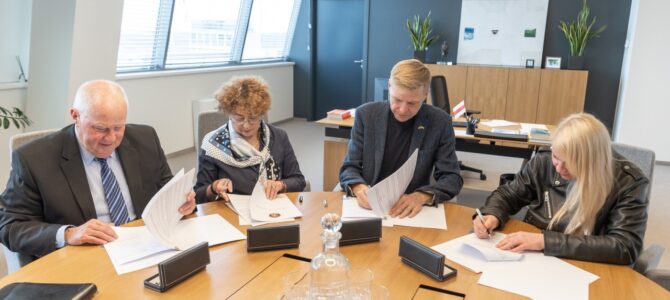Grant Gochin
In a study by the UN titled ”History under Attack,” António Guterres, secretary-general of the United Nations, stated: “Understanding the history of the Holocaust is crucial to safeguarding our future. This is particularly crucial as we see some seeking to rewrite history or to whitewash and rehabilitate those who committed crimes against humanity. If we fail to identify and confront the lies and inhumanity that fueled past atrocities, we are ill-prepared to prevent them in the future.” This article borrows heavily from this UN study.
UN Findings
The UN finds that Holocaust distortion is just as pernicious as Holocaust denial. Holocaust distortion depends upon and spreads antisemitism. It threatens the ability to remember and learn from the past by misrepresenting the historical record. It is an attack on truth and knowledge. It feeds on and spreads antisemitic tropes and prejudices, and threatens our understanding of one of the most tragic and violent histories–the genocide of six million Jews.


